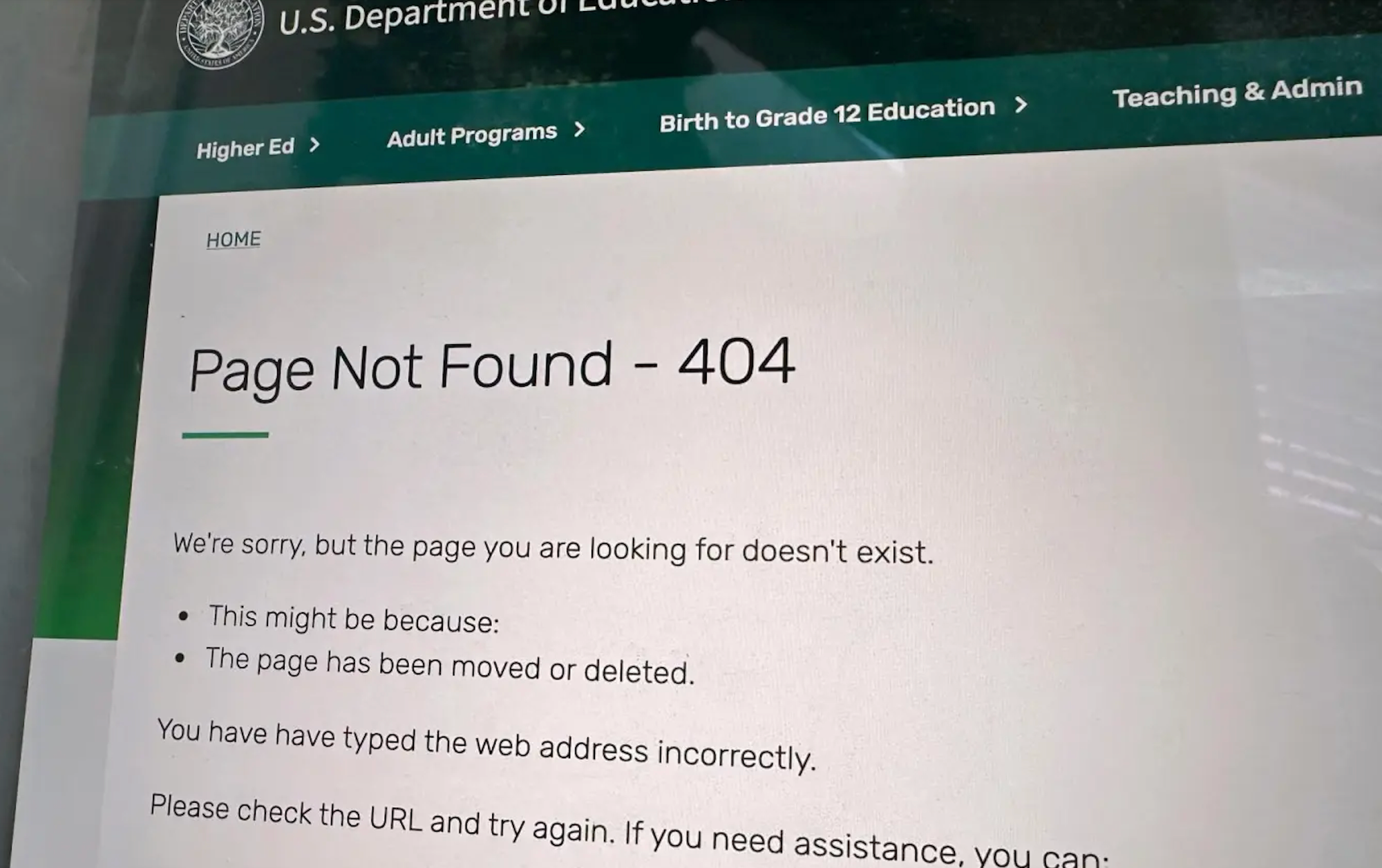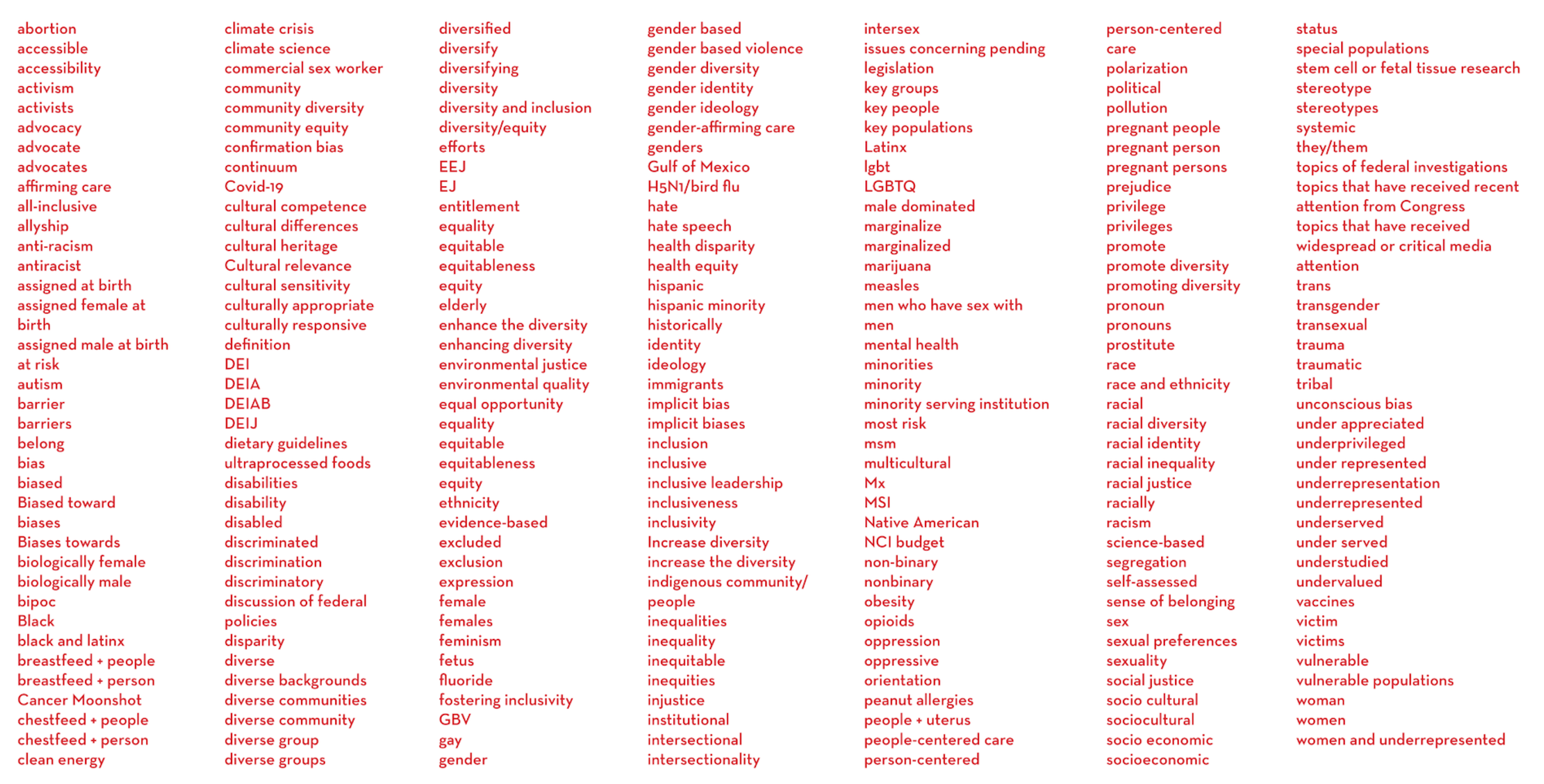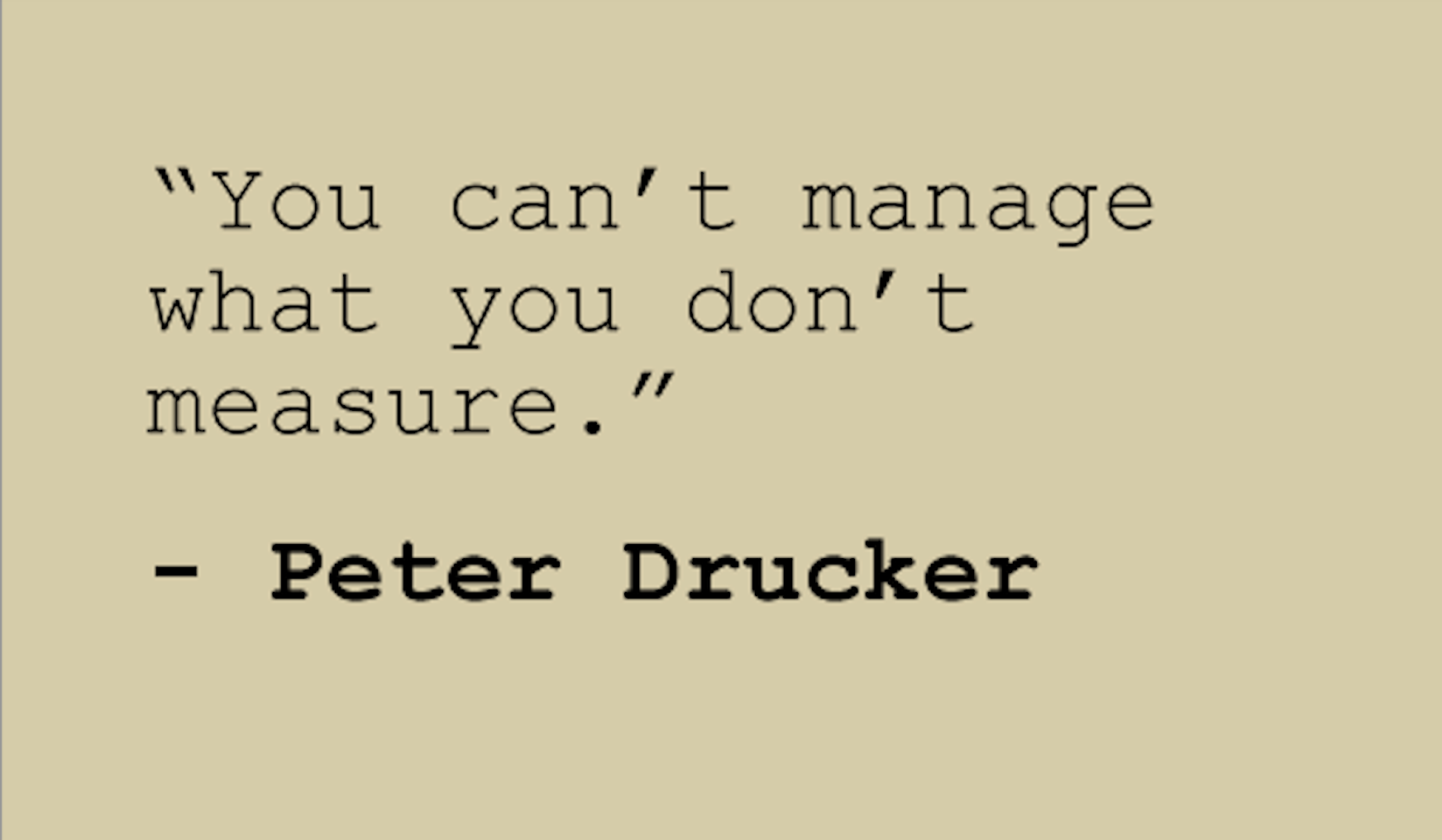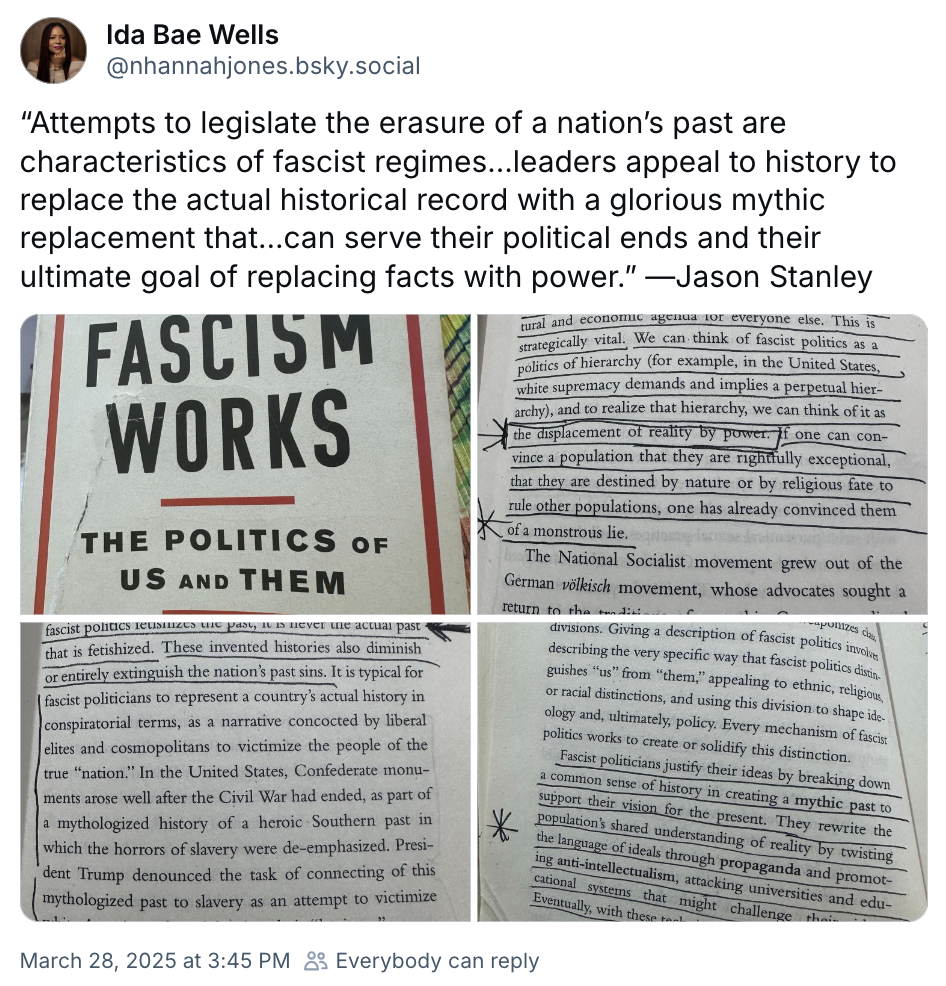
On an unnamed island, objects are disappearing: first hats, then ribbons, birds, roses... Most of the inhabitants are oblivious to these changes, while those few able to recall the lost objects live in fear of the draconian Memory Police, who are committed to ensuring that what has disappeared remains forgotten.
That's how the Penguin Random House synopsis for The Memory Police by Yōko Ogawa begins.
Originally published in Japan in 1994, the novel explores themes of memory, loss, oppression, and the fragility of identity. (Note: A movie adaptation of The Memory Police, directed by Reed Morano, starring Lily Gladstone, and based on a script by Charlie Kaufaman and Yōko Ogawa is in the works.)
When The Memory Police was published in English in 2019, in a translation by Stephen Snyder, The New Yorker's Jia Tolentino called it "a dreamlike story of dystopia" and wrote about how the islanders attempt to acknowledge each fresh disappearance by "gathering in the street and talking about what they are losing."
Sometimes the natural world complies, as if in a fairy tale: as roses disappear, a blanket of multicolored petals appears in the river. When birds disappear, people open their birdcages and release their confused pets up to the sky. Less poetic objects—stamps, green beans—vanish, too. Ships and maps are gone, so no one can leave or really understand where they are.
Meanwhile, each disappearance is enforced by the Memory Police:
A fascist squad that sweeps through the island, ransacking houses to confiscate lingering evidence of what’s been forgotten.
The year The Memory Police was published in Japan, Bill Clinton was President, Fox News didn't exist, and Donald Trump was a shabby real estate developer hanging out at Jeffrey Epstein sex parties.
Back then, the idea that The Memory Police would one day read like a commentary on American reality would have been hard to imagine.

But in 2025, the novel belongs on the same shelf as works like 1984, Fahrenheit 451, The Handmaid's Tale, and It Can't Happen Here.
It is happening here
During the first three months of the second Trump administration, things (and people) have disappeared, an enforcement apparatus to promote communal amnesia has been established—and those who might "remember" have been targeted or sidelined.

It began most notably with Trump's executive orders around DEI and gender.
History is being erased
As Don Moynihan wrote on Substack: The Trump administration is engaging in a systematic "removal of women, persons of color, and trans people" anywhere they might appear in the government's physical or virtual domains, including "art, posters, websites or office layouts."
The dumb, indiscriminate nature of the erasures was underscored when all references to the Enola Gay aircraft that dropped an atomic bomb on Japan were marked for deletion because the plane—named after Enola Gay Tibbets, mother of the pilot, Colonel Paul Tibbets—had "Gay" in its name.

As The New York Times detailed on April 5 in an article headlined "The White House Frames the Past by Erasing Parts of It":
President Trump’s team is selectively stripping away the public record, reconstructing his preferred vision of America in the negative space of purged history.... As data and resources are deleted or altered, something foundational is also at risk: Americans’ ability to access and evaluate their past, and with it, their already shaky trust in facts.
In the words of Don Moynihan: Because the administration "has only one vision of America in mind... it will erase anyone not part of that narrative."
Words are being banned
A growing list of words and materials are being scrubbed from government websites and documents in an attempt by the Trump administration to remove all references not only to diversity, equity and inclusion, but also to climate change, vaccines, and a host of other topics.
Words no longer considered acceptable by the Trump administration include “abortion,” “women,” “disability,” “elderly,” and “Native American.”

Says Jonathan Friedman, Sy Syms managing director of PEN America's U.S. Free Expression Programs: “How can we have intelligent or difficult conversations if we can’t even use the words, the most basic unit of meaning?”
Data is evaporating
As Propublica's Alec MacGillis reported on April 18: "Trump’s War on Measurement Means Losing Data on Drug Use, Maternal Mortality, Climate Change and More."
Years' worth — in some cases, decades' worth— of data in areas such as healthcare, education, weather forecasting, and immigration enforcement, have already disappeared. And much of the government's ongoing data gathering has already been reduced or eliminated.

"The nation’s policymakers are losing their ability to make evidence-based decisions, and the public is losing the ability to hold them accountable for their results," writes MacGillis.
The end result is that, "the administration has left the federal government with no way of understanding if policies are working — and created a black hole of information whose consequences could ripple out for decades."
Or, put another way, Trump and Musk will soon be able to declare success in any policy area because no numbers will exist to contradict them.
Reality is being rewritten in real-time
If "history is written by the victors," the Trump-Musk regime is wasting no time in seizing on its dubious election win to rewrite the past and manipulate the present.
Using techniques road-tested in the states and on Musk's own social media site, the plan is to flood the zone, gaslight the nation, and erode our collective sense of both history and our own shared experiences.
Government inspectors have already been axed, whistleblowers are being intimidated, and scientists and academics are being muzzled.
As the Smithsonian "braces for a Trump rewrite of US history," history professor and Rep. John Lewis biographer Raymond Arsenault tells The Guardian:
Everything I’ve worked on in my career is simply ruled out by this one executive order. It’s like the barbarian sack of Rome in the level of ignorance and ill-will and anti-intellectualism.
On 28 March 2025, Nikole Hannah-Jones, creator of the 1619 Project, quoted Jason Stanley, author of How Fascism Works, on Bluesky:
Attempts to legislate the erasure of a nation’s past are characteristics of fascist regimes… leaders appeal to history to replace the actual historical record with a glorious mythic replacement that… can serve their political ends and their ultimate goal of replacing facts with power.

Her post came three days after Stanley had announced to the world his departure from the US, telling the Daily Nous: "The decision was entirely because of the political climate in the United States."
Despite being happy teaching at Yale, Stanley decided to accept a position at the Munk School of Global Affairs and Public Policy at the University of Toronto because he wants "to raise my kids in a country that is not tilting towards a fascist dictatorship."
Amnesia + enforcement = total control
In The Memory Police, Yōko Ogawa depicts an island on which, as memories disappear, the population loses its ability to imagine a different reality. It's a world where the government's ability to exert total control grows incrementally but relentlessly, day by day.
In today's America, the systematic distortion of truth, the reckless erasure of public records, and the installation of new AI-powered surveillance tools—combined with the punishments already being meted out to those who refuse to fall in line—create the same kind of risk: a citizenry unable to marshal facts, history, or even vocabulary to resist authoritarian rule.
Thanks for reading! My paid subscribers help me keep this ad-free newsletter free for everyone. There’s never a paywall, so you are welcome to share any articles you find valuable via email or on social media. If you do find my work valuable, and can afford to consider it, please think about becoming a paid subscriber or leaving a one-time tip at “buy me a coffee.” If not, just subscribe for free and never miss an issue.
Subscribe to Unprecedented
Subscribe to the newsletter and unlock access to member-only content.